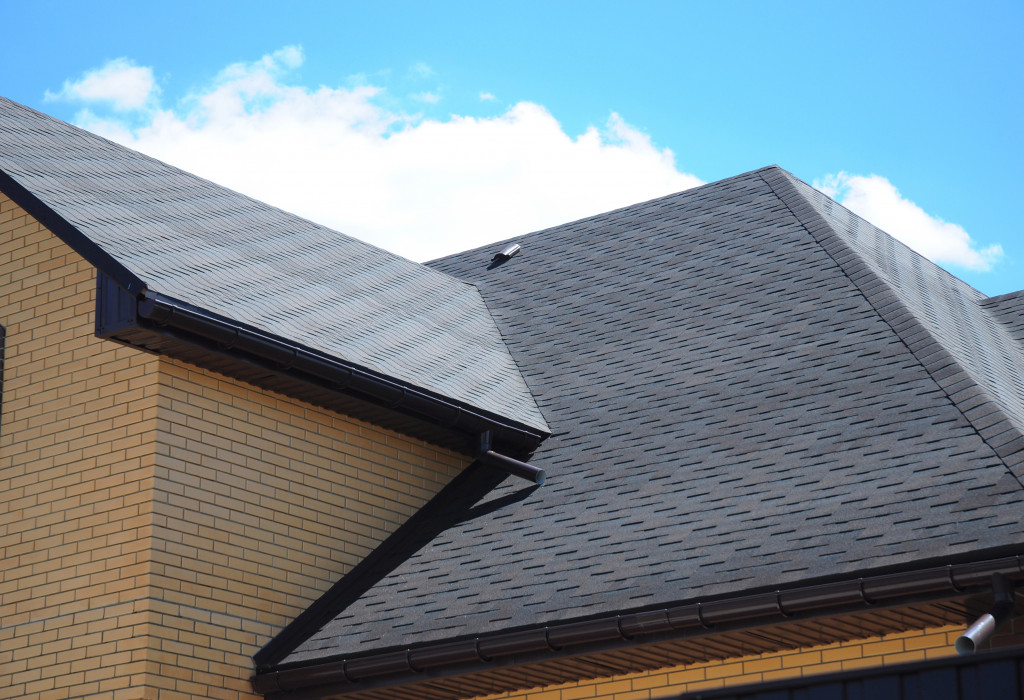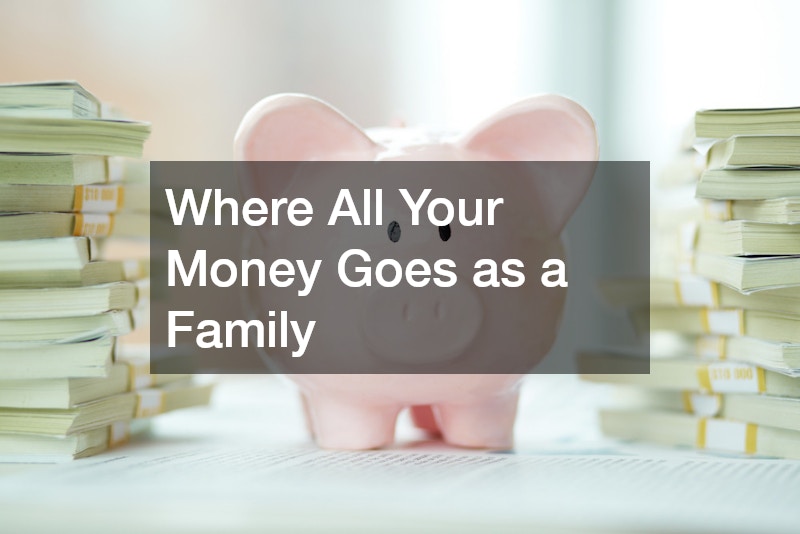Building wealth is a big deal. As you ramp up your savings and start looking for ways to expand your wealth, you will find that buying your first house is one of the biggest steps you will take moving forward. Couples tend to look at the first opportunity to earn a house and a lot for themselves. Most treat it as a landmark of adulthood. While most of the buyers range from 40 to 42, more and more newlyweds are starting to think about going long-term and buying in on the real estate hype. As long as the household income fits (upwards of $96,000 per year), some find it adequate to buy their own house or own apartment.
Buying your first real estate investment can be scary and confusing. Many first-time buyers look towards their elders for wisdom and expertise. The median age of first-time buyers has grown annually through the past few years. It is noteworthy that the median age of first-time buyers plays around the median marrying age of couples.
However, the actual commitment of paying for the mortgage and using the property will ultimately fall upon the laps of the buyers. Buyers should be especially aware of the risks and hardships of actually going through buying real estate. In 2020, banks foreclosed 1.16% of the properties under their mortgage.
That is more than 1 person per cumulative of 100 properties through the years. It means that in 10 years of paying for your property, there will be around 11 people who will have their properties foreclosed. Foreclosure and repossession are just solutions banks like enforcing for delinquent accounts.
What are the most useful tips newly-wed first-time buyers must know before buying their first house?
Careful Planning Mindset

Buying your first real estate as a couple should be treated similarly to your wedding preparation. Careful and long-term planning is needed before buying. You should remember that you should have the correct mindset when entering into such a huge contract. Similar to a marriage, you are also entering a long-term contract for more than a significant part of your life. A mindset that is calculating, expectant, and persevering should be the common perspective for the couple.
Considering Your Budget
Your budget should be the number one consideration you should consider before even thinking about buying a property. It is advised that you should still have a portion to put aside for your savings when computing for the mortgage item in your family books. A mortgage will go to both couples’ savings accounts. It is important to assess where you are in your life when entering into such a big commitment. Buying below your combined means should not be burdensome for the couple.
Scouting a Proper Location
One of the most integral parts of buying a house is considering the location. Is the house near a law enforcement center? Is it near a health care facility? Do you have access to a nearby grocery or shopping center? All of these are questions you should ask yourself before buying the property. The location and its surroundings are vital in knowing the prospective resale value of the place. While isolation is acceptable to some future buyers, it is the norm to have these areas accessible for maximum utility. Considering your house’s long-term value is a must for first-time buyers.
Leasing Your Property
The possibility of the property paying for itself is always there. You can also enter into assistance programs and enter your property into a Section 8 real estate program. It allows proprietors to lease their property to low-income families. Assessors evaluate possible renters and track down delinquent tenants for you, so you don’t have to do it. You don’t even have to think about paying for the mortgage if you are leasing it out.
The trend nowadays is that some couples buy out a duplex. They rent the other half of the home so it can cover the mortgage payments. The downside, however, is that you wouldn’t get the full enjoyment of the property until the lease contract runs out.
Emergency Fund
The entire property might get destroyed by a natural calamity. Due to the unpredictable effects of climate change, a lot of property damage can be inflicted by a freak forest fire or hurricane floods. Ensuring your property and cutting out an additional emergency fund for the property repair is a diligent way to handle your first ever purchase. It is key that you don’t squeeze your entire monthly income out to pay for the mortgage. Keeping an emergency fund handy for these types of situations will save you many headaches when such an emergency comes up. If you are lucky, the emergency fund can double up as savings.







